Want a job with the Intelligence Community? Start with a degree in Intelligence Analysis
/prod01/ycp-cdnpxl-media/media/york-website/academics-school-kinsley-engineering-math-sciences/engineering-and-computer-science/spotlights/LiamEgan.jpg)
Have you ever wondered what it takes to work for the CIA or FBI? How about the National Security Agency or the Department of Homeland Security?
It starts with a degree in Intelligence Analysis, an exciting and growing field full of opportunities.
Ryan Riley, a sophomore majoring in Intelligence Analysis at York College of Pennsylvania, said high school students interested in subjects like history, political science, or international relations find the program to be a very appealing career path.
“To me,” she says, “it’s all of those areas mixed into one.”
It’s anything but a traditional major, so it’s fair to ask: What is Intelligence Analysis?
“Intelligence analysts look at world events and all information that comes in, analyze it, and find patterns to make informed decisions,” Ryan says.
Dr. John Weaver is leading the nearly two-year-old undergrad program. The assistant professor and program coordinator is also a retired member of the intelligence community.
“There is a growing need for qualified applicants in this field,” Dr. Weaver says. “The inaugural semester was in the fall of 2015. That first year, we had nine students in the major. Now, we’re up to 35.”
Something new every day
Liam Egan enrolled during the program’s first year.
“Every day there’s something new,” the junior says. “We are either learning something new or something new happens on the world stage that allows us to look at our analysis and ask, ‘Were we right, were we wrong?’ That part of it really keeps it interesting.”
The school designed the program to place students ahead of the curve when they step into the job market.
“Dr. Weaver teaches us the tools,” Ryan says. “Then, when he gives projects, we have free rein to use those tools and apply them to a real, active situation.”
Liam agrees.
“With the papers and projects that we do, Dr. Weaver always keeps in mind the things you want and need to build up your resume.”
Real world meets classroom
While Intelligence Analysis is not a field of study unique to York College, Dr. Weaver’s program differentiates itself by regularly connecting the students with a variety of intel professionals.
“We bring in guest lecturers from the intelligence community or who work at the Department of Defense,” he says. “These people can speak to the importance of quality intelligence analysis.”
Once each semester, Dr. Weaver also assembles an intelligence panel made up of experts who can talk about contemporary issues or discuss prevailing threats and concerns to U.S. national security.
“We follow that,” he says, “with a forum for students to interact directly with the panelists.”
After one such panel, in speaking with a Lt. Colonel in the army, Liam mentioned that he’s also pursuing a minor in geography.
“The Lt. Colonel asked if I knew anything about GIS (Geographic Information Systems). I told him I was very familiar with it and he suggested looking at the NGA (National Geospatial Agency). He told me that he works with them all the time.”
Prior to that panel event, Liam had never considered the NGA.
“Talking to him put it together for me,” he says.
Tools in action
Ryan enjoys putting the learning to work.
“We do lots of hands-on activities,” she says, explaining one class’ weekly simulation activity. “One group takes the lead and is handed information, articles, or situation detail at the beginning of the class. Then, they use a particular analytical technique to present an information briefing to the rest of the class at the end of the hour.”
Dr. Weaver’s “Papers with a Purpose” goes beyond simply getting a grade for writing a paper. He has students doing something for real.
“I want to give students the opportunity to submit their work directly to a member of the intelligence community – or possibly get it published,” he explains. “Students are doing the analysis and receiving recognition.”
An education to build a career on
Ryan and Liam have both learned that Intelligence Analysis is not the kind of field that people use as a stepping stone.
“This is something you can do for your entire career,” Ryan says. “Most of the people who get in this field stay there – with a lot of opportunities to advance.”
“Dr. Weaver is giving us the tools that we will need to enter the intelligence community successfully,” Liam adds. “It’s fantastic.”
/prod01/ycp-cdnpxl-media/media/york-website/academics-school-art-communication-global-studies/film-media-crop.jpg)
